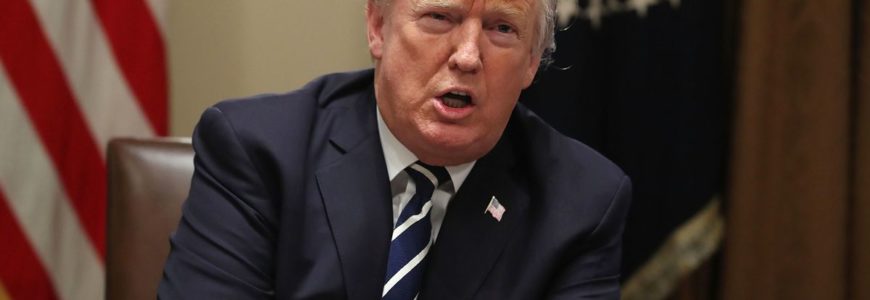
Since the end of the Cold War, the United States has come to rely more and more on economic tools to advance its foreign policy goals. Some of these tools, such as sanctions, involve the direct application of economic pressure. Others, such as the promotion of free trade and open markets, work by changing other countries’ incentives. But all of them rest on a recognition that unrivaled economic power gives the United States a singular capacity to pursue its interests without resorting to force.
But economic power, like any tool, can have unfortunate results if wielded unwisely, producing unwanted short-term consequences and prompting the long-term decline of U.S. economic leadership. Today, Washington is increasingly using its economic power in aggressive and counterproductive ways, undermining its global position and thus its ability to act effectively in the future. Symptoms of the problem have been evident for years, but it has gotten markedly worse under the Trump administration, which has pursued reckless tariffs against both allies and rivals, reimposed sanctions on Iran without any pretense of international support, and acted in both cases with little evident regard for the negative consequences to U.S.

